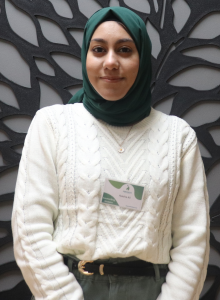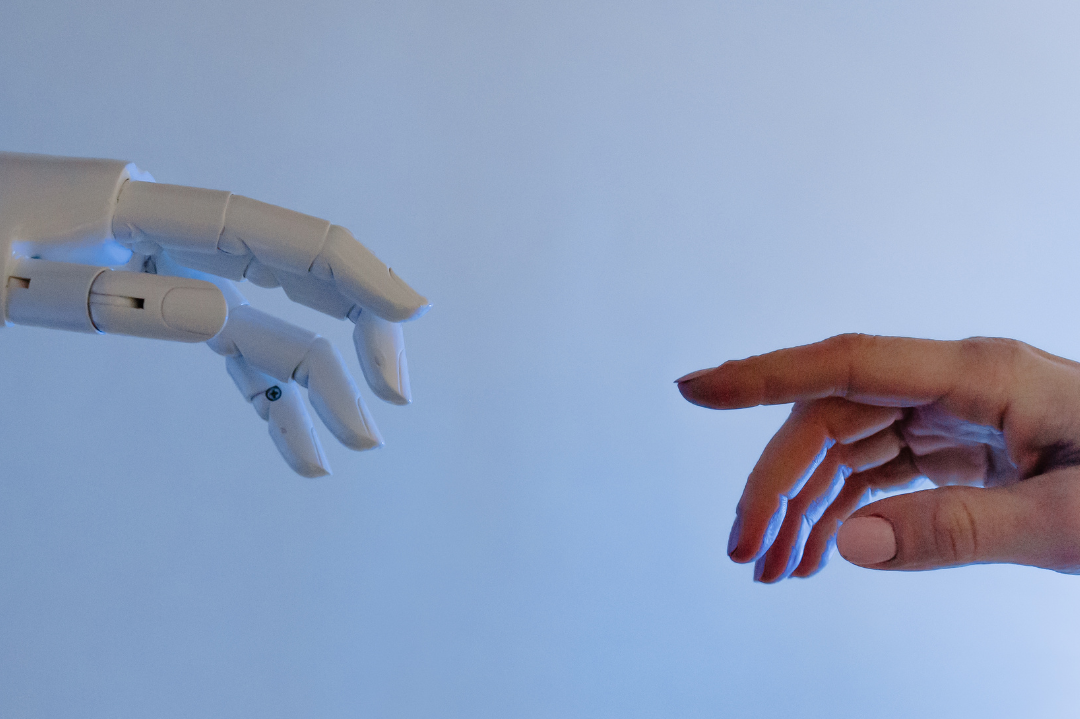Share This Story, Choose Your Platform!
What is AI’s Potential Role in Counselling Services?
The incorporation of Artificial Intelligence (AI) within the field of counselling has sparked a an interest in the way mental health services are delivered. With AI technology rapidly advancing, the notion of AI taking over the role of human counsellors is no longer confined to conspiracy theories; it is becoming a reality. This article explores the promises, challenges, and ethical considerations surrounding AI’s emergence in the counselling field.
AI’s potential promises in counselling
The integration of AI into counselling has the potential to revolutionize the accessibility and effectiveness of mental health support. Traditional counselling often faces limitations such as geographical constraints, cost, and the stigma associated with seeking help. AI associated platforms can transcend these barriers, providing real-time, round-the-clock assistance to individuals worldwide. This accessibility could alleviate the strain on mental health resources and reduce the treatment gap that exists in many regions. Furthermore, unlike human counsellors who might be limited by cognitive biases, AI algorithms can analyse vast amounts of data to offer tailored insights and recommendations. This precision enhances the potential effectiveness of therapeutic interventions, ensuring that users receive evidence-based guidance for their unique needs.
AI vs The Human Factor
Despite AI’s potential, the human touch remains an integral aspect of effective counselling. Human counsellors bring empathy, intuition, and a deep understanding of complex emotions to their interactions. Establishing a genuine therapeutic relationship built on trust, active listening, and empathy can be challenging for AI. The nuances of human experiences, cultural contexts, and the complexities of trauma demand a level of emotional intelligence that technology has yet to replicate.
AI is not influenced by emotions, biases, or personal experiences. It can consistently respond to situations without being influenced by its own emotional state. This can be particularly useful when providing rational and unbiased feedback to individuals struggling with their emotions. AI can help individuals see
situations from a more objective standpoint, which might be difficult for a human counsellor who is prone to emotions and subjectivity.
Human counsellors, like any individual, might have their own emotional triggers based on their experiences and personal history. These triggers can unintentionally affect their ability to remain objective and calm in certain situations. AI counsellors lack personal experiences and emotions, eliminating the potential for such triggers to interfere with their responses.
Some individuals might feel uncomfortable or judged when discussing their emotions with a human counsellor due to concerns about stigma or personal biases. AI counsellors offer a non-judgmental atmosphere where individuals can express themselves openly without fear of being misunderstood or judged.
Ethical and Privacy Implications
The integration of AI into counselling services raises ethical concerns that demand careful consideration. Data privacy and security are important, as individuals share sensitive information with AI platforms. The potential for data breaches or misuse underscores the need for robust security measures and transparent data handling practices.
Moreover, the ethical use of AI involves addressing the biases that can inadvertently be woven into algorithms. AI systems trained on biased data could perpetuate stereotypes or inadvertently discriminate against certain groups. Ensuring algorithmic fairness and transparency is essential to prevent unintended harm and reinforce the ethical foundation of counselling services.
Hybrid Approaches
A promising avenue lies in adopting hybrid models that blend AI technology with human expertise. These models involve AI tools providing data-driven insights to human counsellors, enhancing the counsellor’s ability to personalize interventions and recommendations. This synergy optimizes the strengths of both AI and human counsellors, providing a holistic and empathetic approach to mental health support.
Future direction
As AI continues to evolve, its role in the mental health landscape is likely to expand. AI has the potential to enhance access to mental health resources, promote early intervention, and alleviate the burden on human counsellors. However, this evolution must be approached with careful consideration of ethical principles, the preservation of the human touch, and a commitment to data privacy and algorithmic fairness.
In conclusion, AI’s integration into counselling services represents a transformative shift in mental health care. While AI can offer accessibility, scalability, and precision, the inherent value of the human connection cannot be underestimated. A collaborative approach that leverages AI’s strengths while upholding the essence of human counselling is the key to realizing the full potential of this evolving landscape.
Author: Ayesha Ali

Reference List
Barak, A., Hen, L., Boniel-Nissim, M., & Shapira, N. (2008). A Comprehensive Review and a Meta-Analysis of the Effectiveness of Internet-Based Psychotherapeutic Interventions. Journal of Technology in Human Services, 26(2-4), 109-160.
de Mello, F. L., & de Souza, S. A. (2019, January 28). Psychotherapy and Artificial Intelligence: A Proposal for Alignment. Frontiers. https://doi.org/10.3389/fpsyg.2019.00263
How Artificial Intelligence Could Change Psychotherapy. (2023, July 1). Psychology Today. https://www.psychologytoday.com/za/blog/psyche-meets-soul/202303/how-artificial- intelligence-could-change-psychotherapy
Luxton, D. D., McCann, R. A., Bush, N. E., Mishkind, M. C., & Reger, G. M. (2011). mHealth for Mental Health: Integrating Smartphone Technology in Behavioral Healthcare. Professional Psychology: Research and Practice, 42(6), 505-512.
Maier, L. J., & Russon, J. (2021). The Dialectic of Human and Non-Human in the Age of Artificial Intelligence. Frontiers in Sociology, 6, 647187.
Sucala, M., Cuijpers, P., Muench, F., Cardoș, R., Soflau, R., Dobrean, A., … & David, D. (2017). Anxiety: There is an app for that. A systematic review of mobile applications for anxiety. European Psychiatry, 41, S468-S469.


